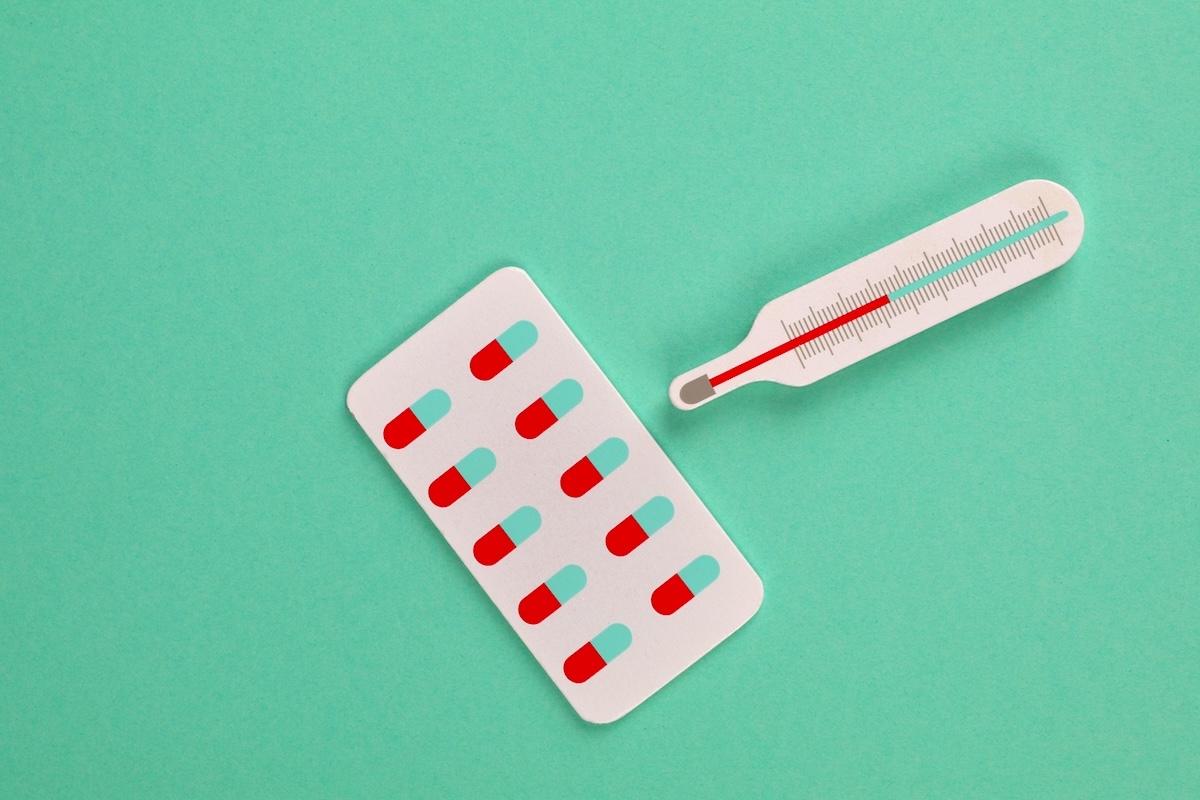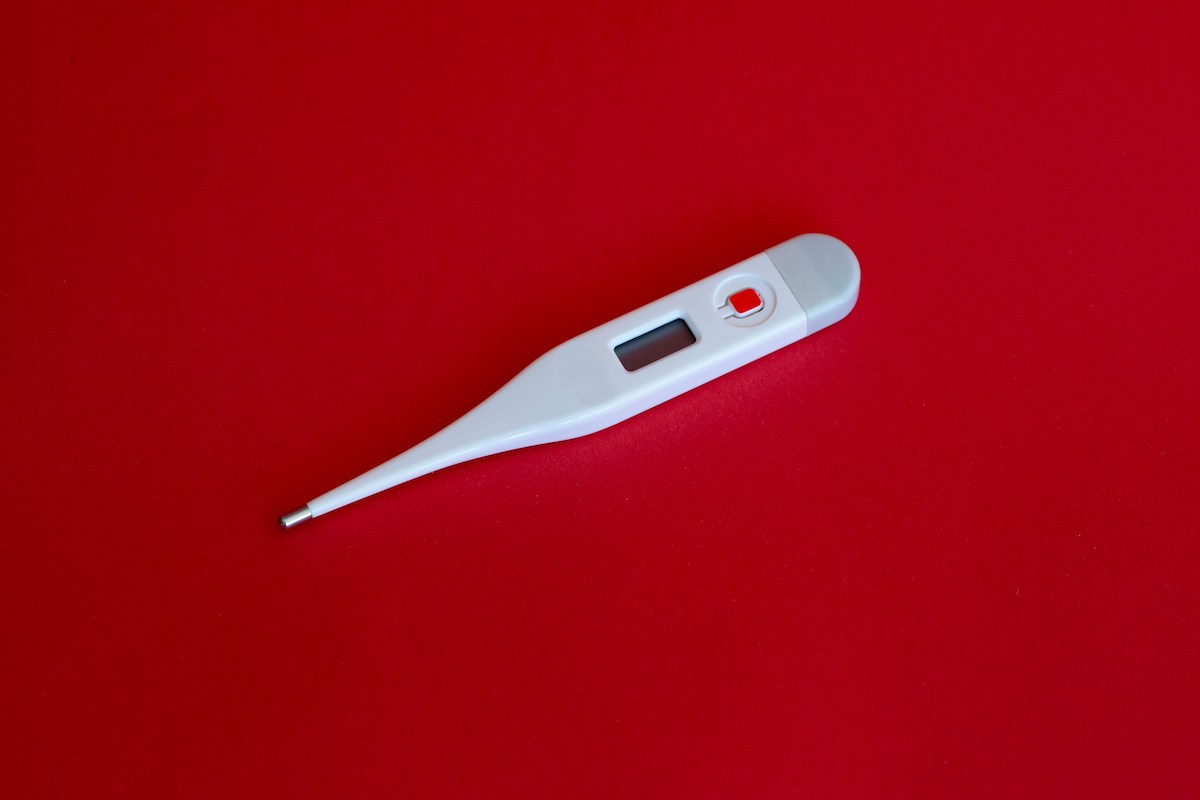Most adults can recognize illness in a face. I’m talking about when someone has a cold or the flu — you can see they are pale, with sunken eyes, maybe a red nose. Or, as my husband said to me the other day, “You look depleted. Like a raccoon.” Love!
There are, of course, reasons why it is advantageous to be able to do this. If you see that someone is sick, you can avoid them and not get sick yourself. Or, if you are their parent, you can cancel your upcoming appointments to prepare for your own illness.
An open question is whether kids can also do this and at what age this develops.
A new paper in Child Development examines this question using pictures. Specifically, the authors recruited 22 “face donors” and from each person got one picture when they were sick and one picture when they were healthy. Here are some examples…

Participants in the study were then asked to do two things. In one part of the experiment, they were shown the sick and healthy picture side by side (and told they were twins) and asked which person they would like to sit next to at dinner. In the second experiment, they were told to pretend they were a doctor and asked which person (from a different set of “twin” photos) was sick.
The authors did this test with adults, 8-to-9-year-olds, and 4-to-5-year-olds. The relevant test here is whether the participants do better than chance — do they pick the healthy face to sit next to more than 50% of the time, and do they recognize the sick face more than 50% of the time? The adults and the older kids were both better than chance at recognizing and avoiding sick people. Adults were better than older children. The 4-to-5-year-olds, though, were no better than chance. They were just as likely to cozy up to the sick picture as the healthy version.
On a basic level, this helps us understand why our little kids seem gung ho to play with other little kids who are obviously sick. They just do not see it. Stepping back, though, it reinforces the observation that childhood illness is an important part of development. As much as we may not like it (we don’t!), kids are expected to get sick a lot when they are younger, and that is what helps them develop an adult immune system. The fact that kids cannot even recognize and avoid other sick people tells us that evolution must want this.
Bottom line: When your kid cozies up to the friend who is coughing without covering their mouth, you can groan, but you should also know that biology has planned for this.

















Log in
I find this fascinating! At the same time, I’m curious how we conclude that biology “planned” for this. It’s something I’ve been asking myself as I get ready to send my toddler to daycare for the first time. Are kids “meant” to get sick all the time or are they just not meant to be all hanging out in a room together, but rather home with their extended families, where there are fewer illnesses?